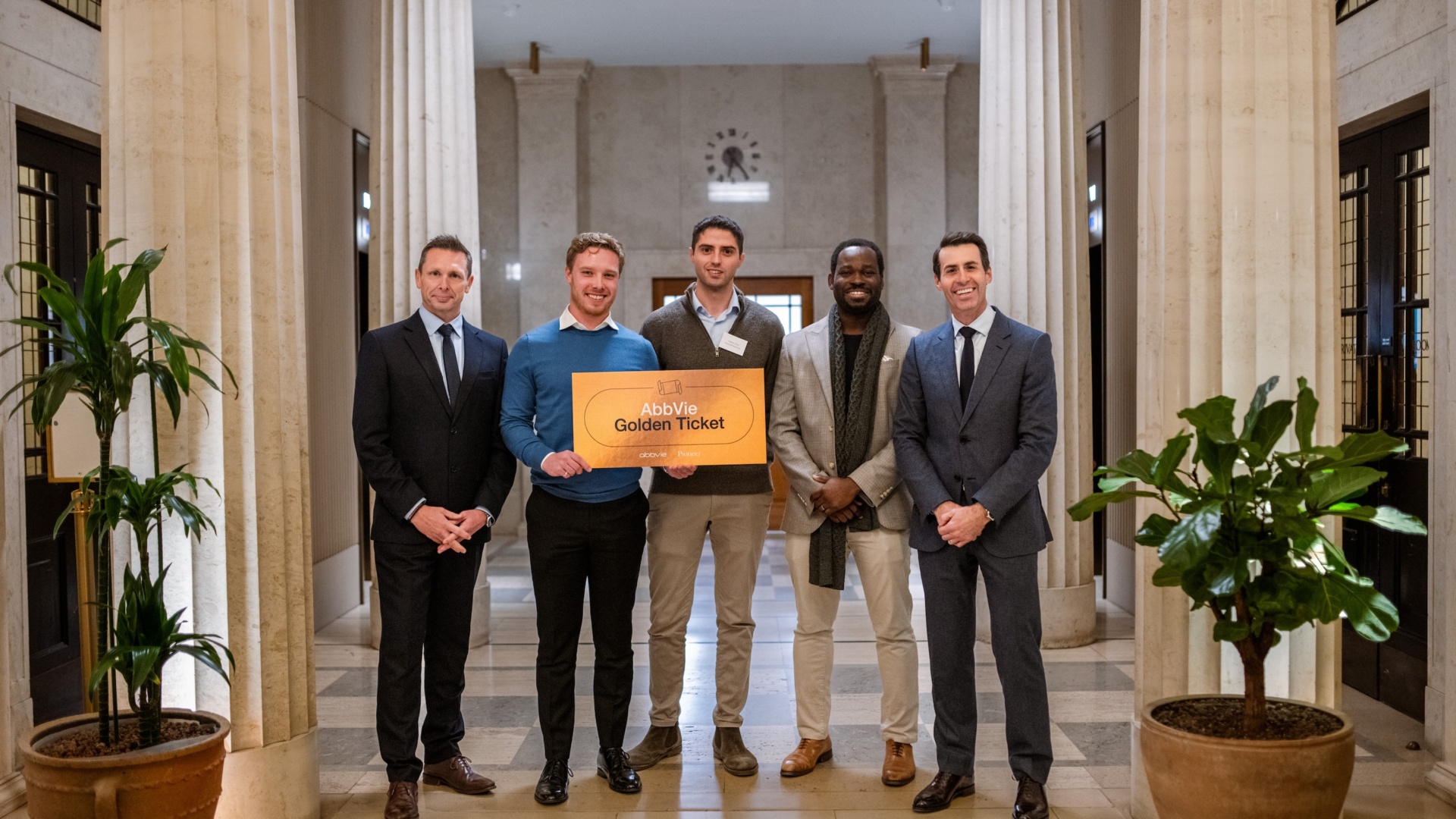Bridging the capital gap: new report calls for investment in UK research commercialisation
A new research report, commissioned by Pioneer Group and The Crown Estate, has found that investing £15bn in UK university spinouts over the next 10 years could leverage a further £27bn of co-investment, leading to the creation of over 1700 additional spinouts and 56,000 skilled jobs, and boosting UK science on the global stage.
Authored by Henham Strategy, the report, titled: ‘Bridging the Capital Gap for UK Research Commercialisation,’ outlines the investment needed to translate the UK’s scientific excellence into global impact.
The findings suggest that replicating the model of Oxford Science Enterprises (OSE)’s activity in Oxford across the UK could more than double the number of spinouts created nationwide and see them raise, on average, three times the investment, a year earlier than is typically the case outside of the Golden Triangle. In addition, spinouts could ultimately provide investors with an estimated return on investment of at least 2x, with potential to reach as high as 7.5x.
Toby Reid, Executive Director at Pioneer Group, the UK’s specialist in life science infrastructure and venture building, explains: “British science is globally significant, with the UK boasting 17 universities in the world top 100, including four in the top 10. Their world-leading research and innovation represent huge economic potential that is not being realised due to capital constraints, with strong regional disparities at play.
“Despite universities across the UK demonstrating strong research power, 85.2% of all spinout venture capital raised since 2010 was in the Golden Triangle. Yet it only produced 31% of the research in the UK. This demonstrates the pressing need to ensure we maximise the commercial potential of research flowing from regions up and down the country. Indeed, the world is entering a new kind of race – not for territory or trade – but for next generation technologies. Our universities hold the keys to these technologies, but we must go further and faster in commercialising them to enable their real-world impact.
“Oxford presents a strong example of an ecosystem in which capital constraints have been overcome – not just because of the total amount of capital deployed by OSE over the past 10 years, but because of the greater quantum per round and OSE’s venture building support, which has led to faster growth and further investment.
“Through OSE-style interventions, there is great potential to more than double the number of spinouts the UK is producing. More capital distributed across the country would unlock commercialisation potential – generating high-growth companies and high-quality jobs across the nations and regions, delivering significant returns for investors, and positively contributing to the economy.”
According to the research, after an initial 10 years of investment, well-structured funds could produce a self-sustaining ongoing investment of between £1bn and £2bn annually, attracting between £2bn to £6bn annually into the early-stage commercialisation of British technology.
The report flags the government’s pension reforms – specifically the Mansion House Accord and Local Government Pension Scheme reforms – as presenting the most obvious opportunity to deliver the required injection of patient capital into British science.
Matt Mason, Head of Innovation at The Crown Estate, said: “British science is world-class, but its commercial potential remains largely untapped. This report reveals a £15bn investment opportunity for early-stage technology commercialisation, which could unlock more than 1,700 spin-outs, create more the 50,000 jobs and deliver investor returns of up to £320bn.
“To make the most of these opportunities and our innovation economy, we must build the necessary infrastructure to support talent, venture capital and technology. This will allow us to turn research excellence into economic impact and position the UK as a global leader in research commercialisation, while delivering the next generation of world-changing technologies.”
In addition to venture capital, the report highlights the importance of venture building activity, access to critical real estate and equipment, skills and talent, and a robust ecosystem to fully realise the commercial potential of British science. These foundational pillars will be explored in a subsequent report.
To download the full report, visit: https://thepioneergroup.com/the-henham-report/






